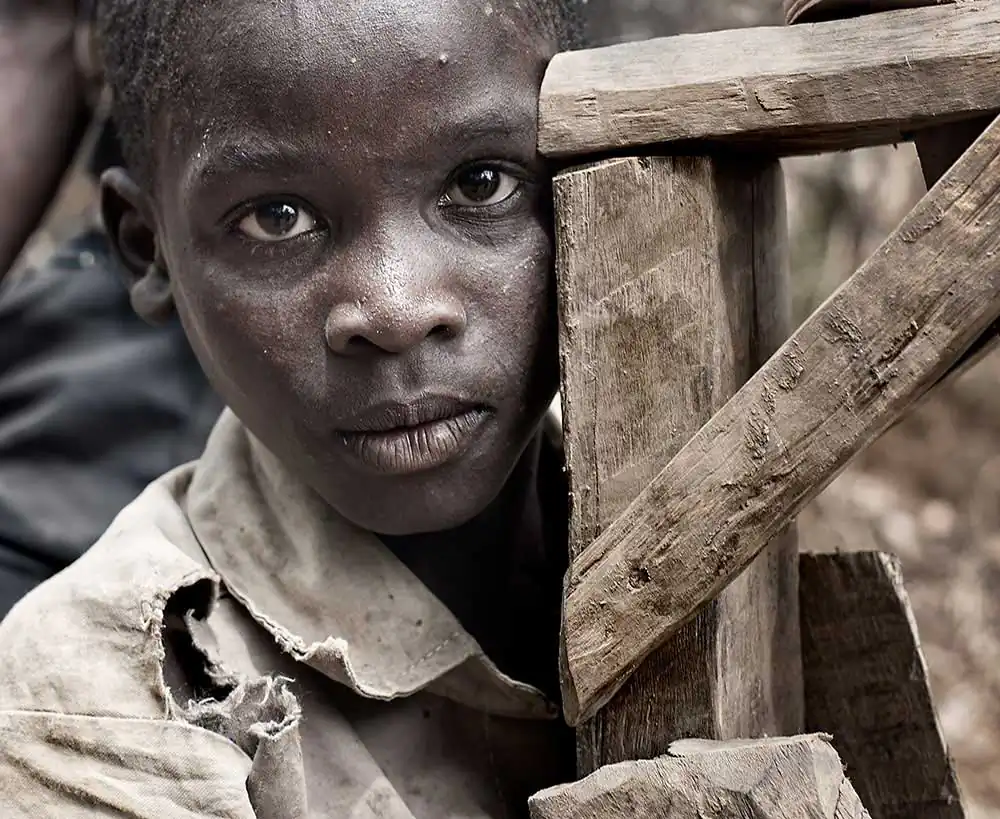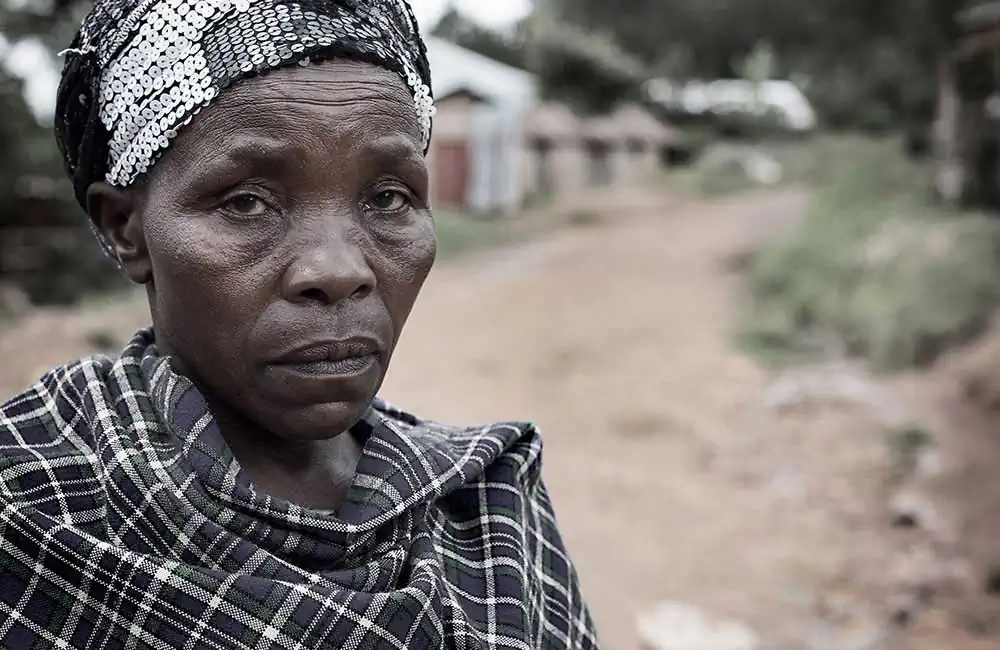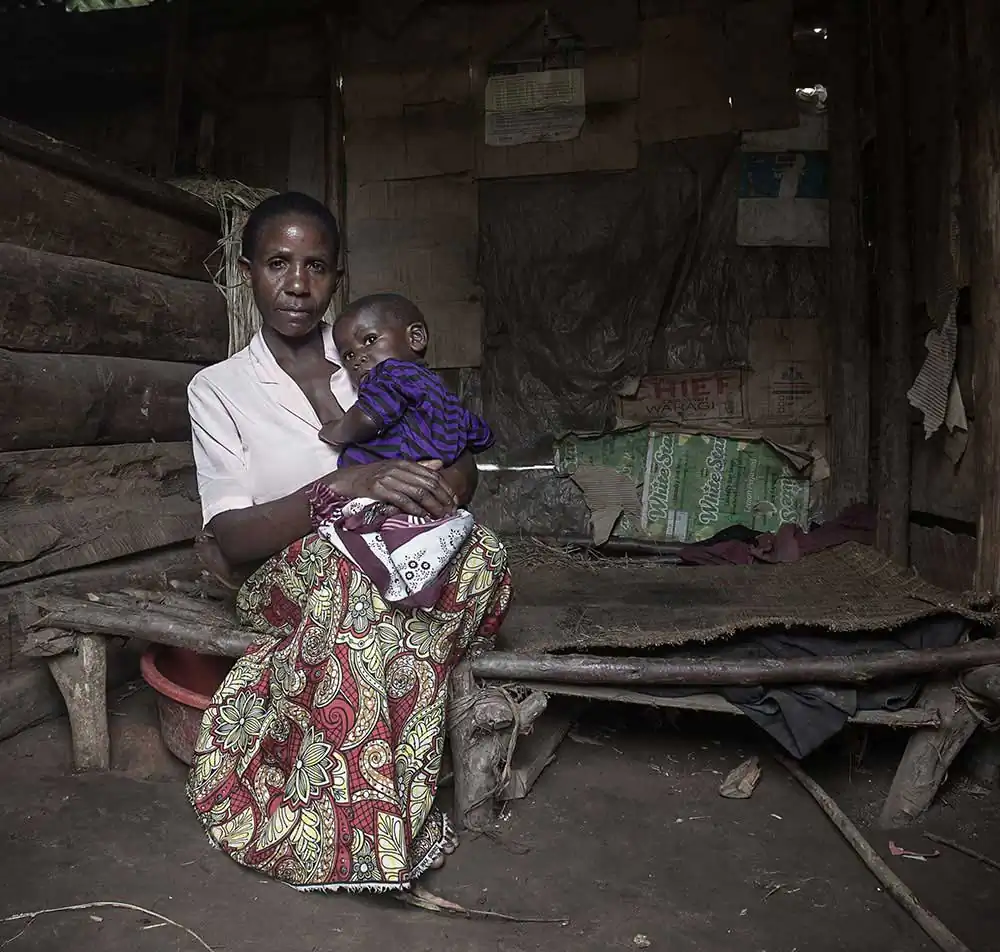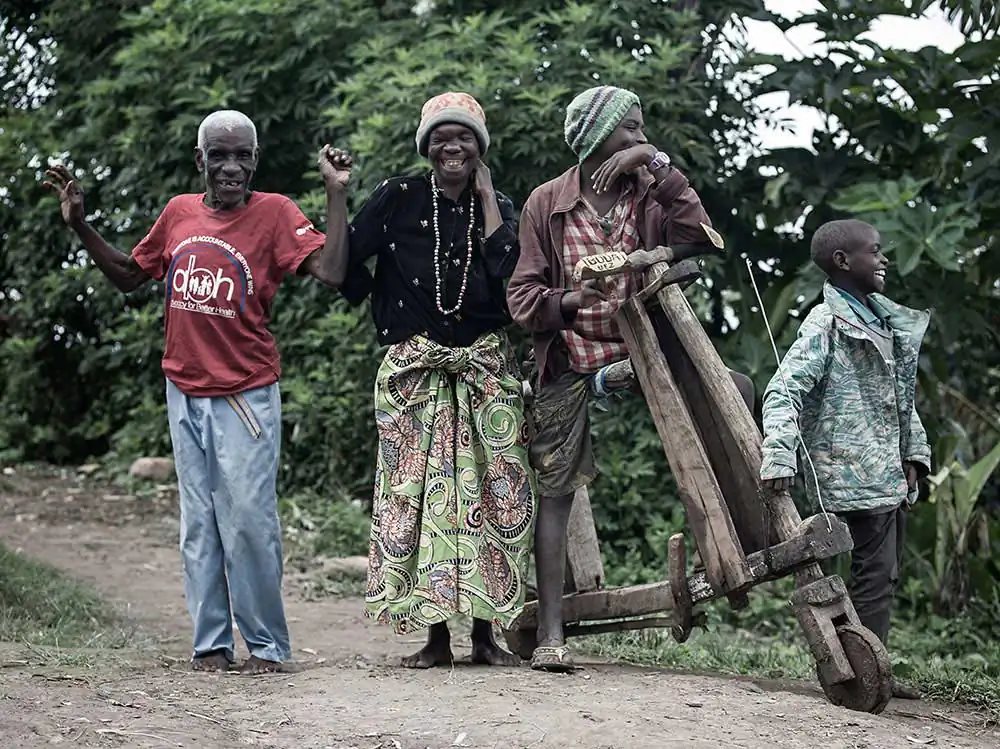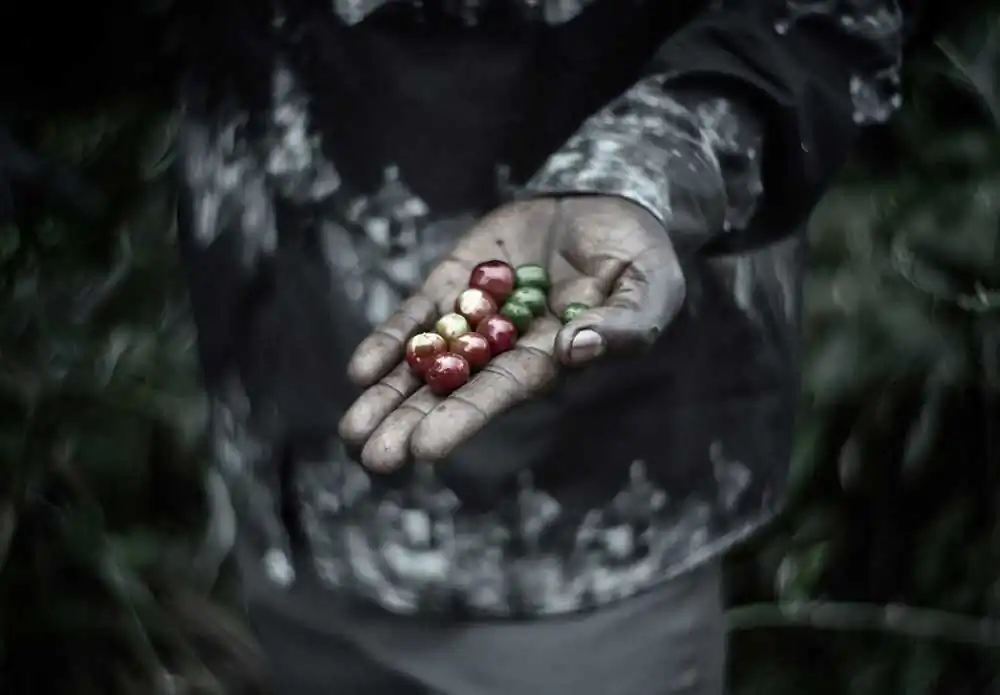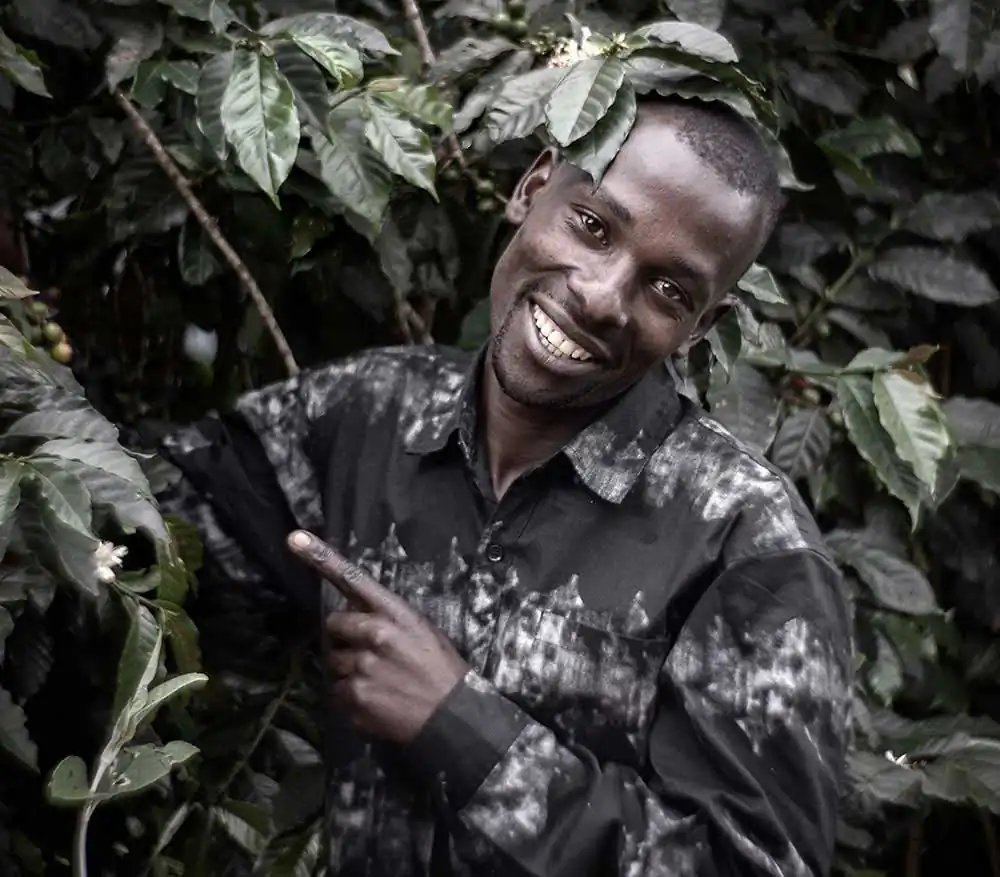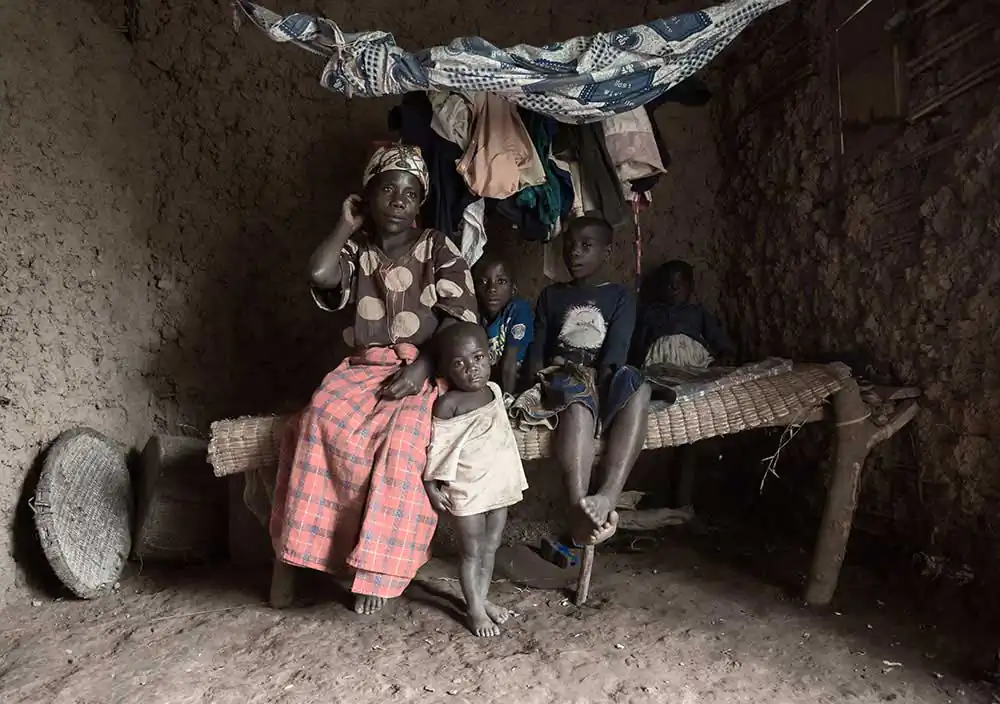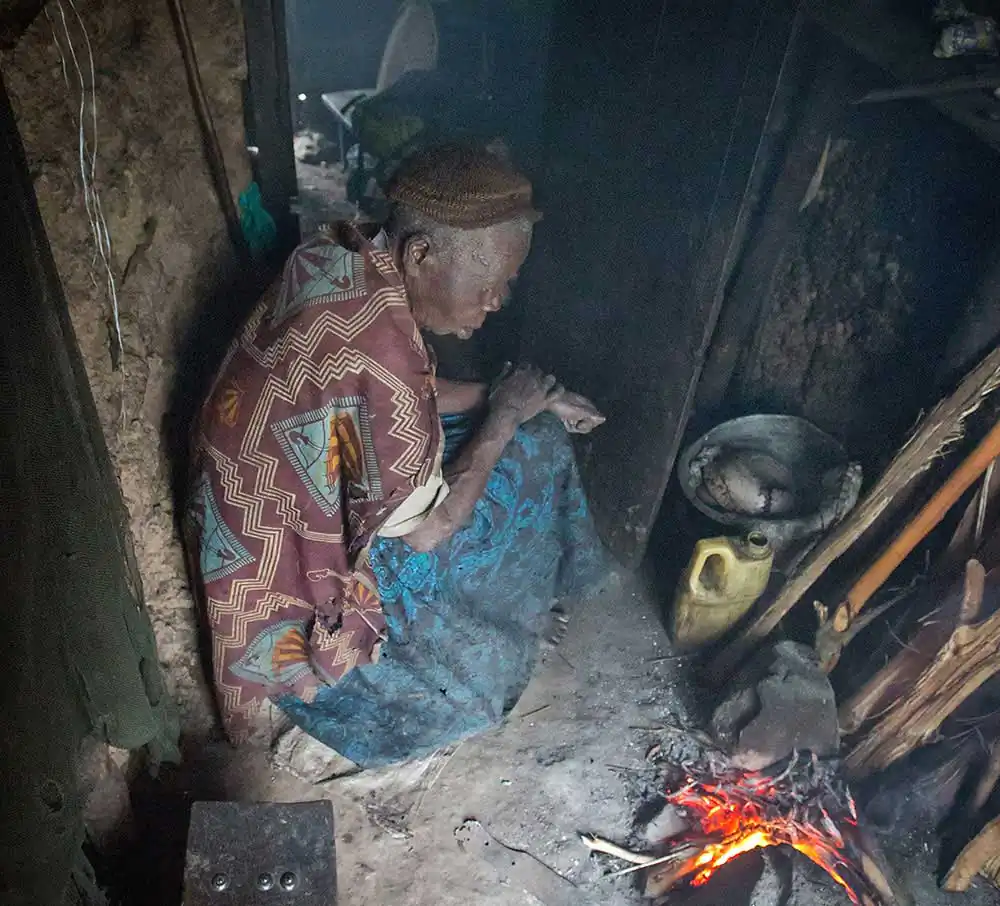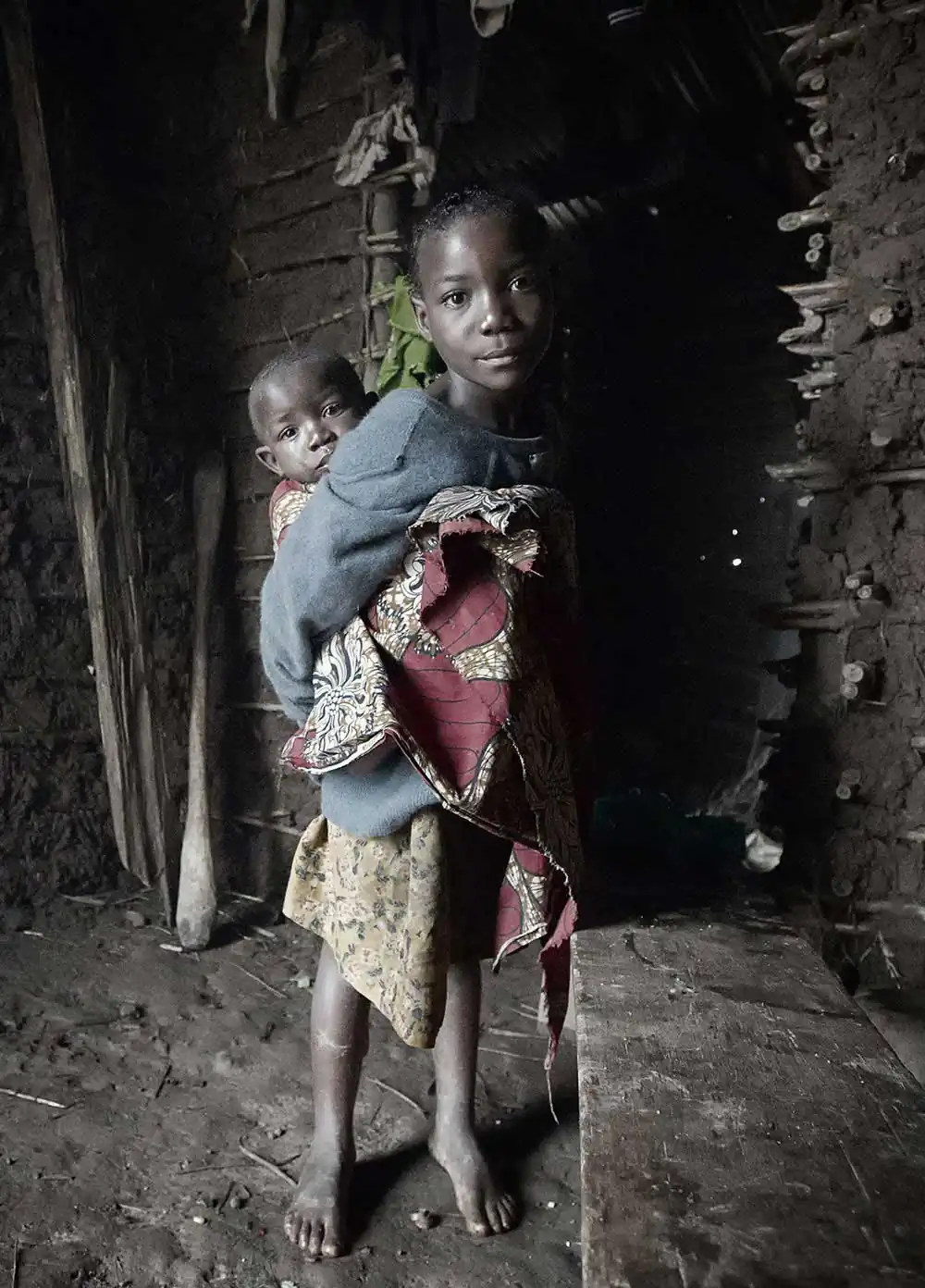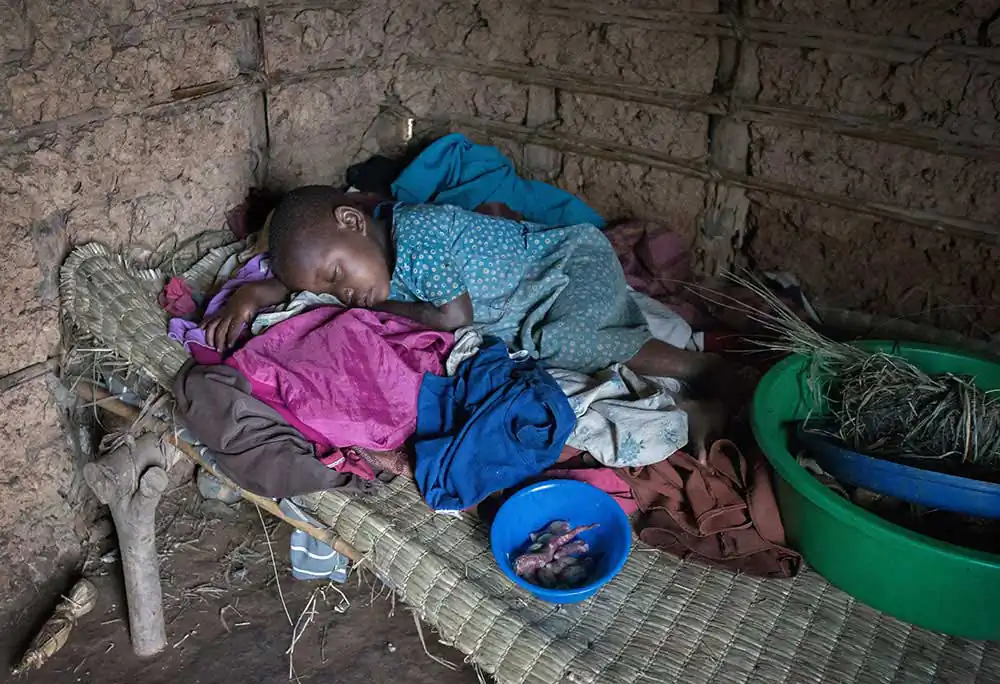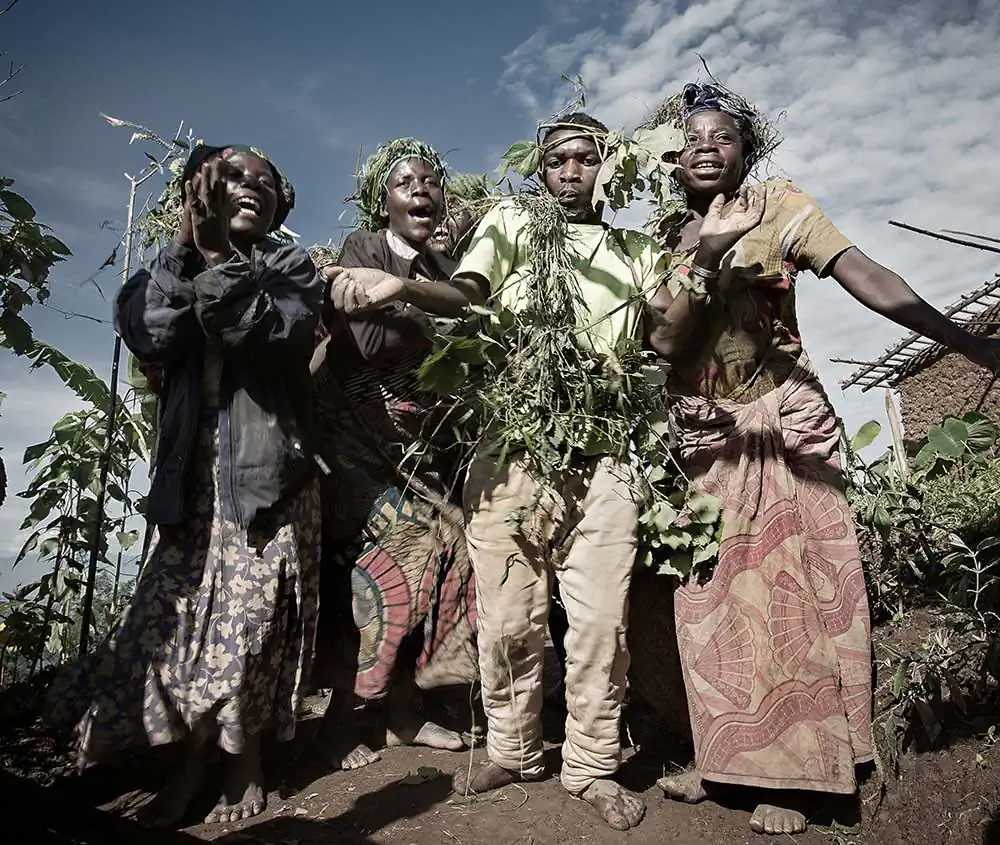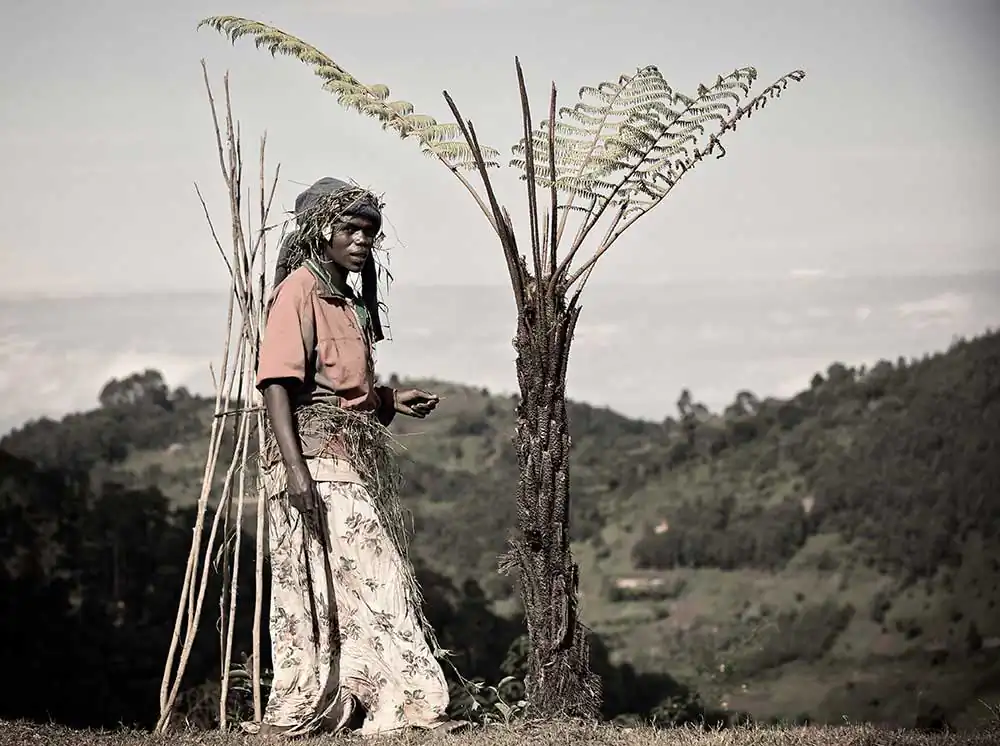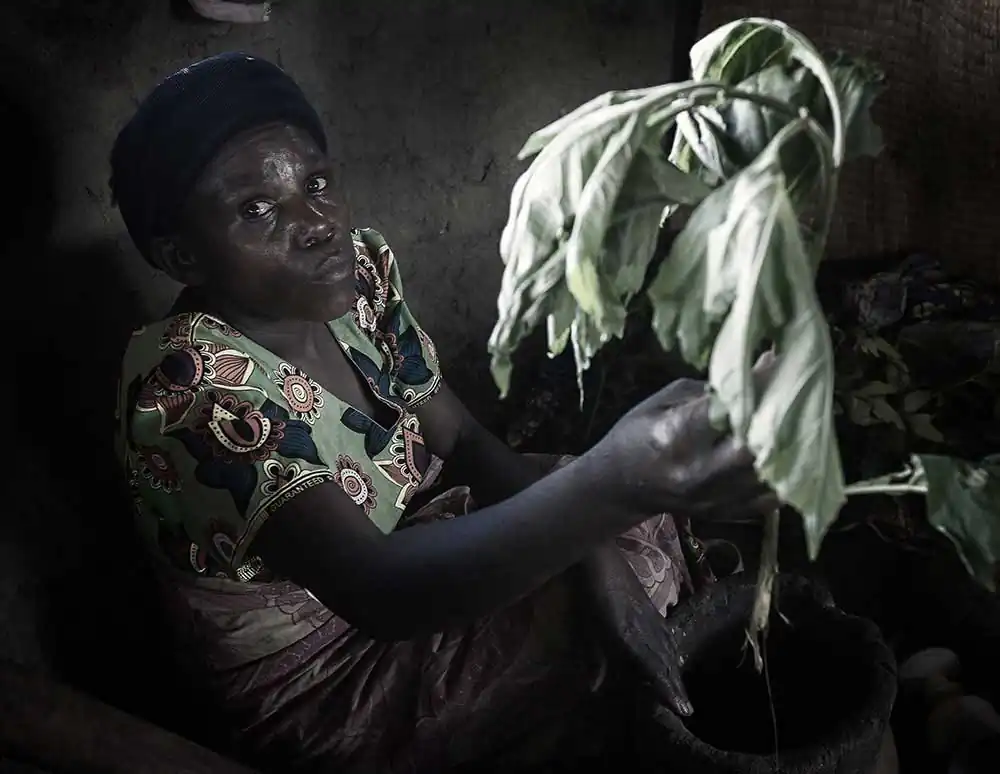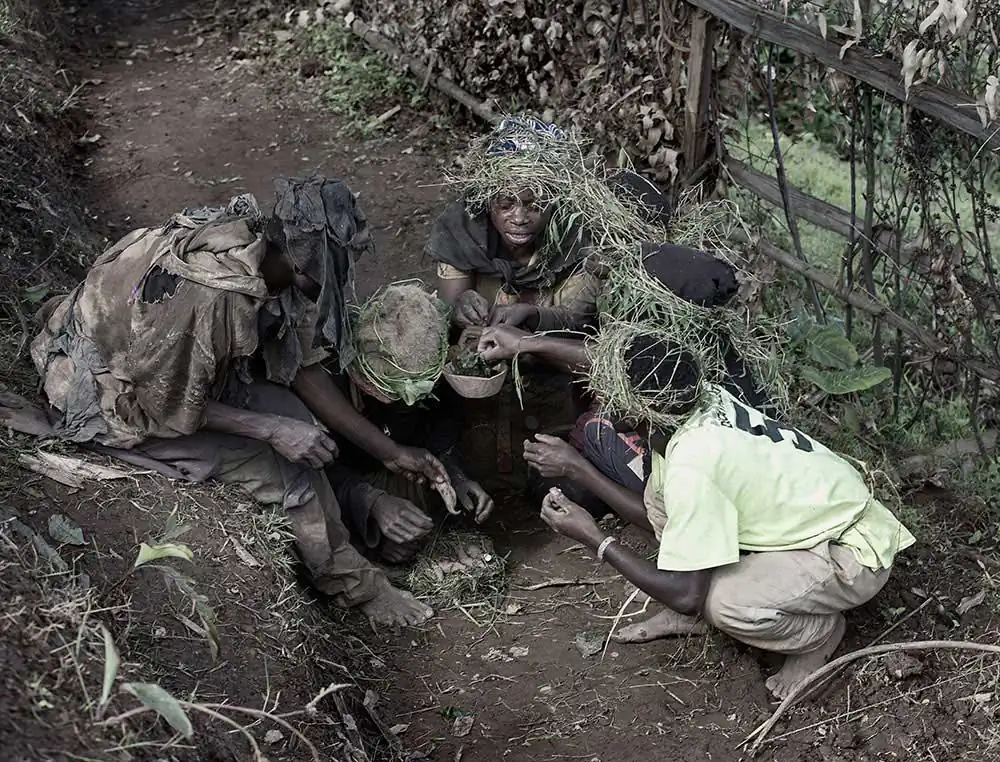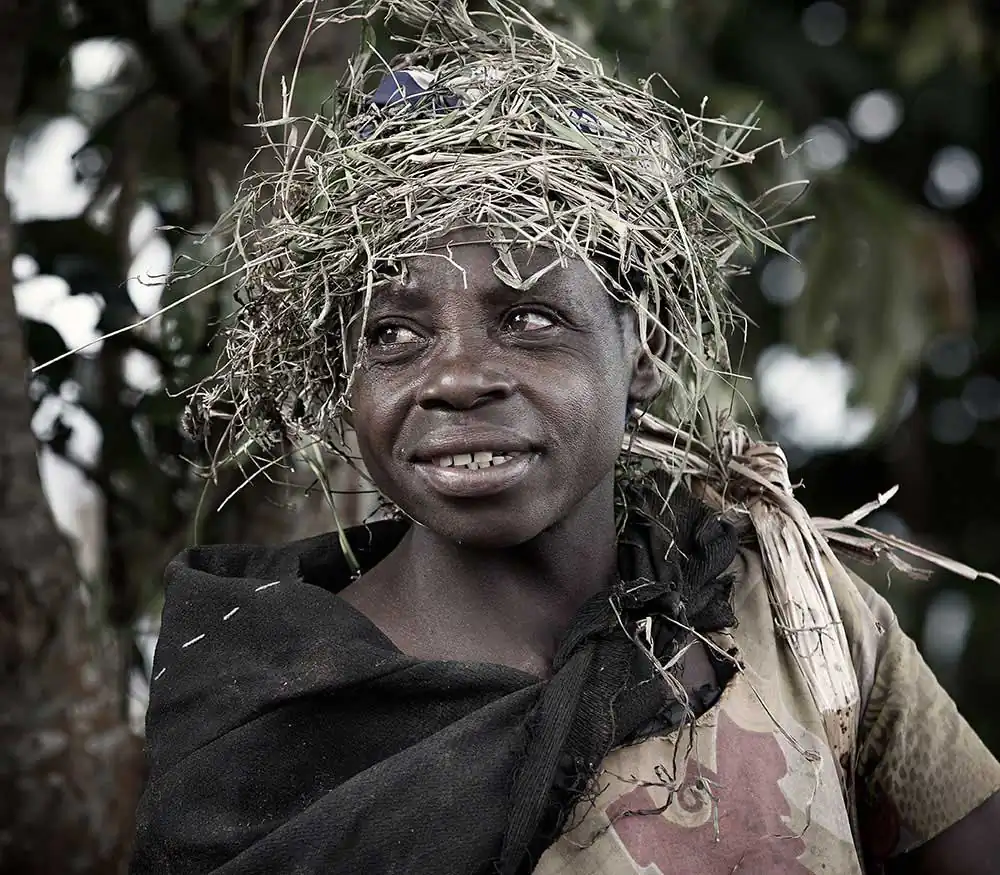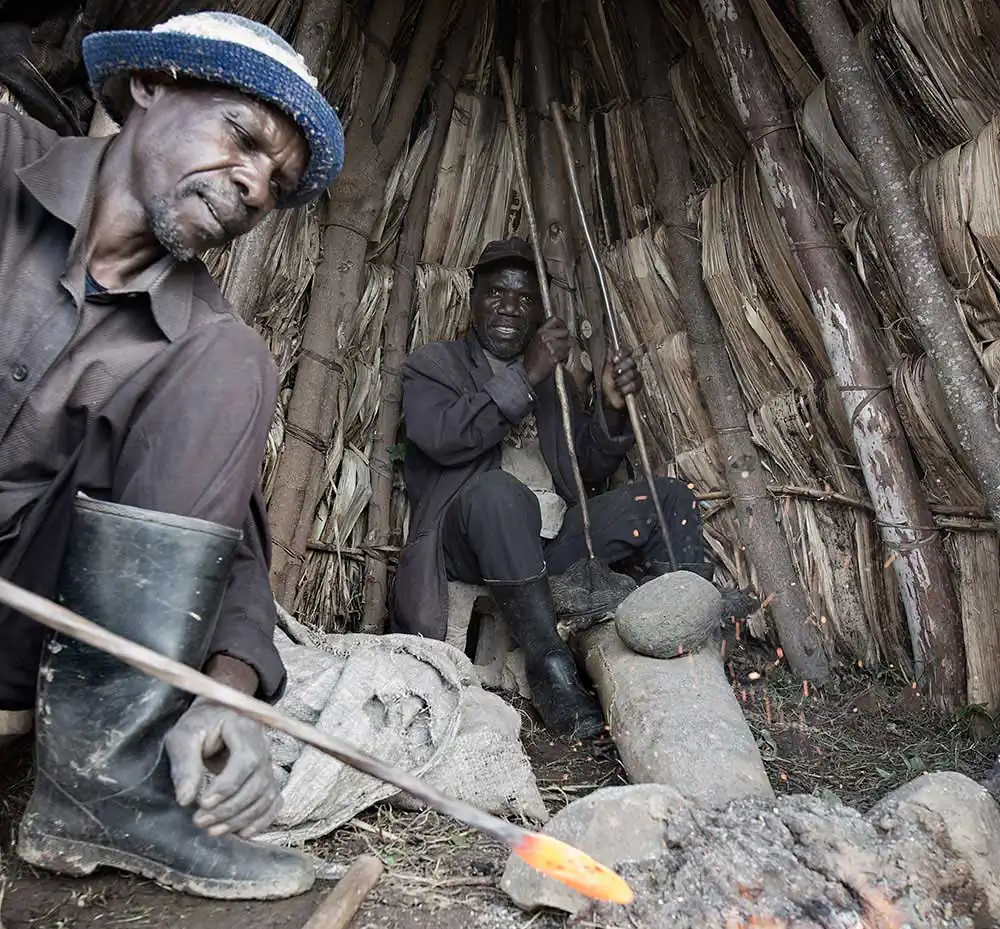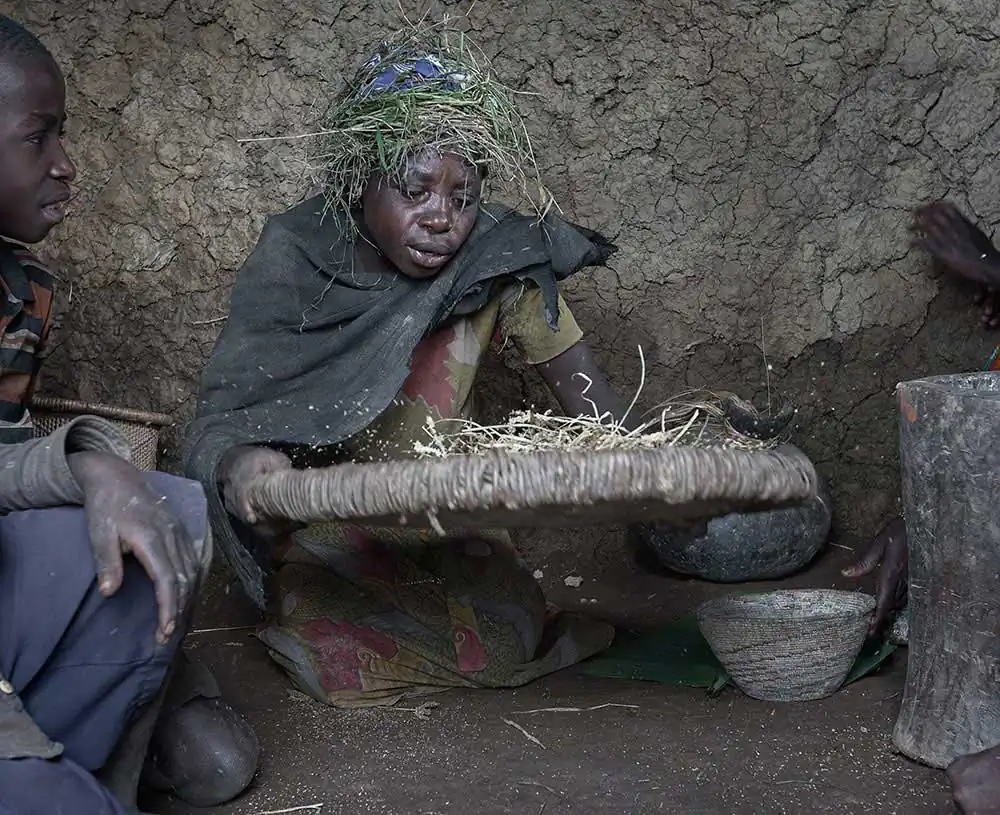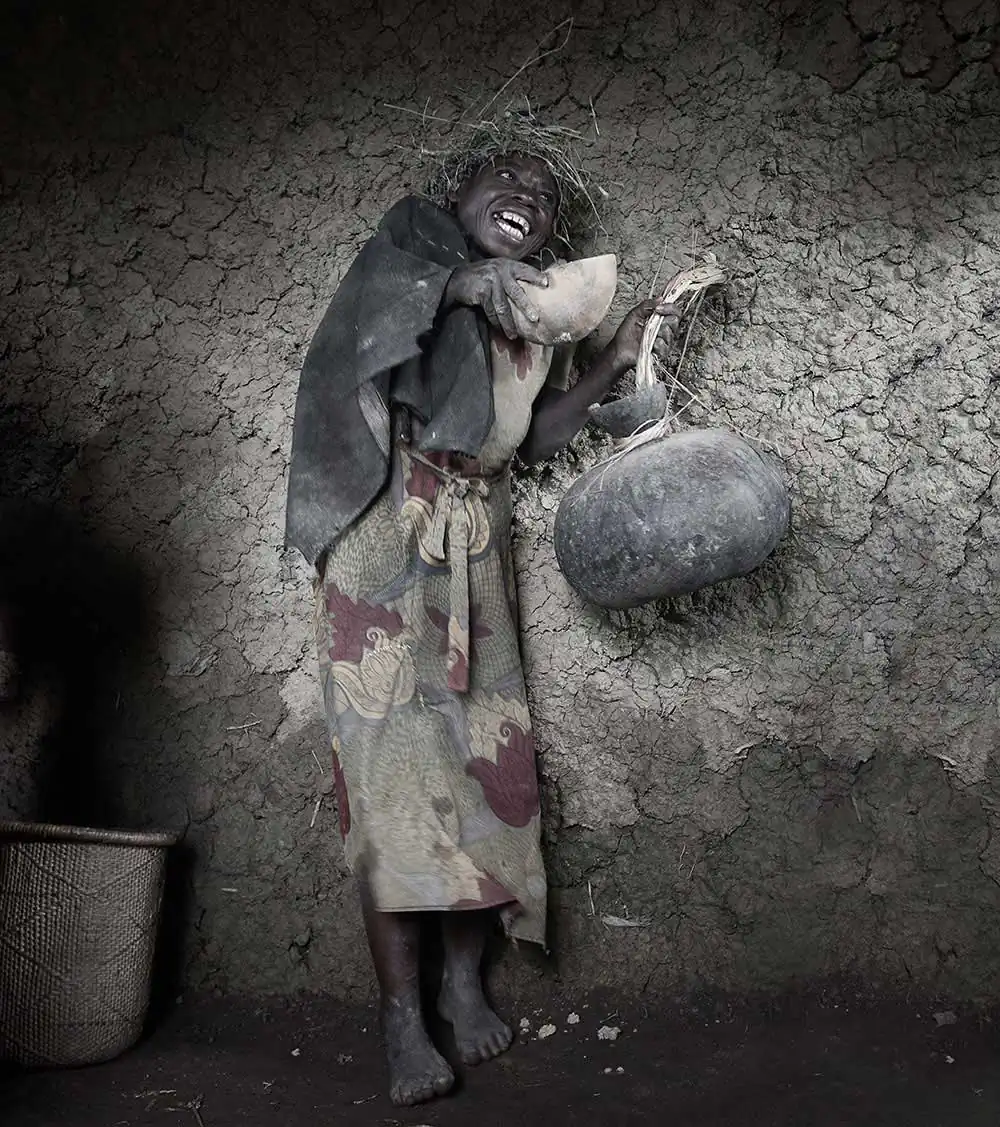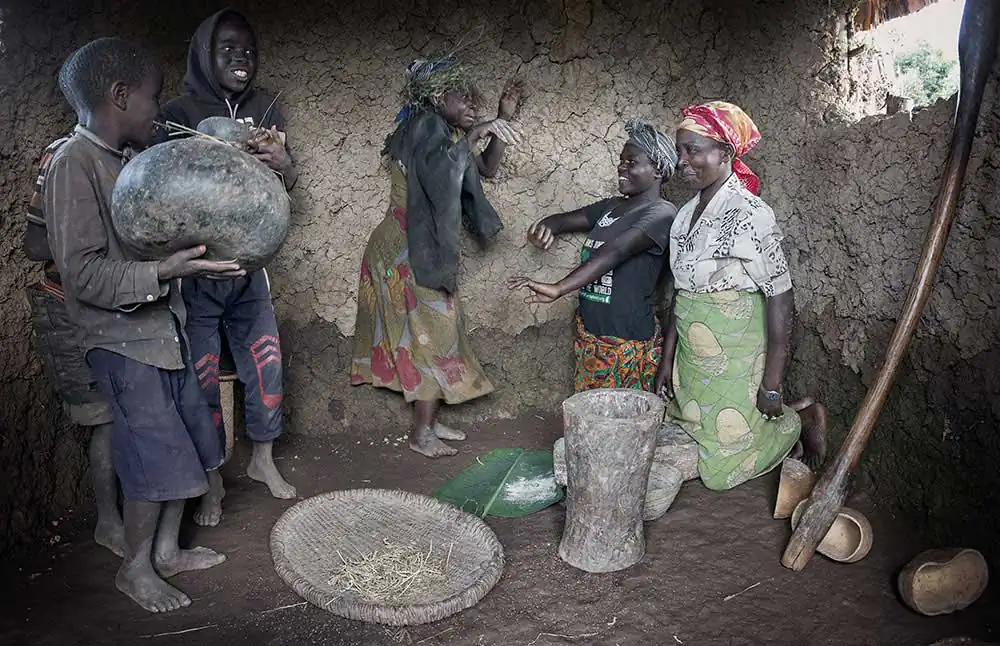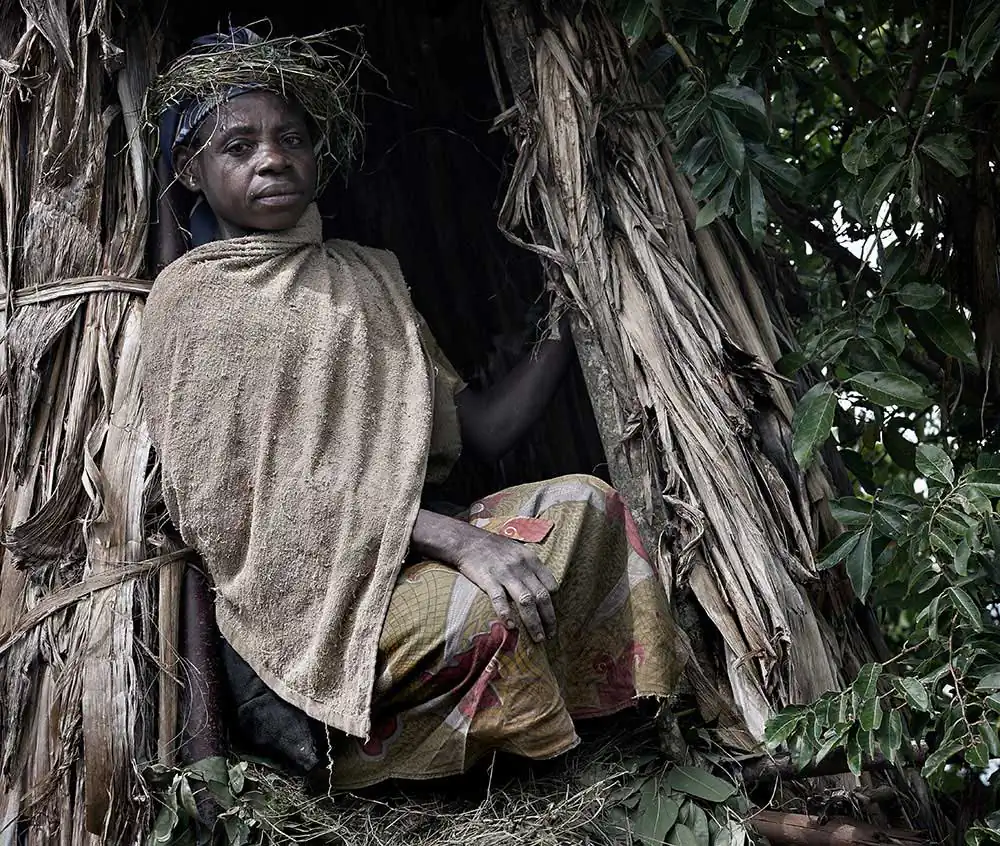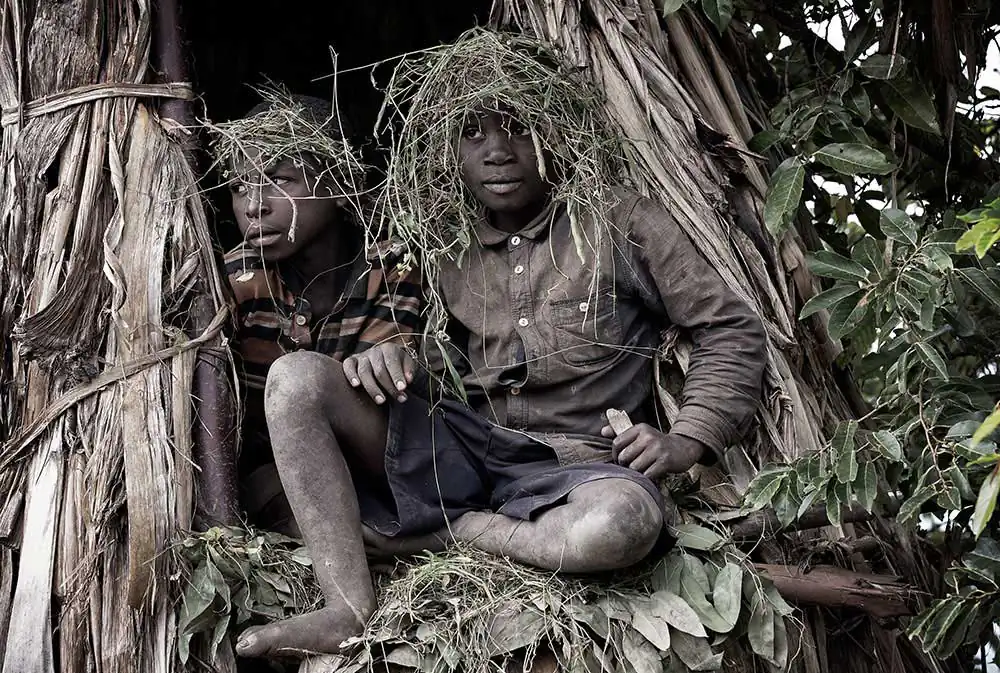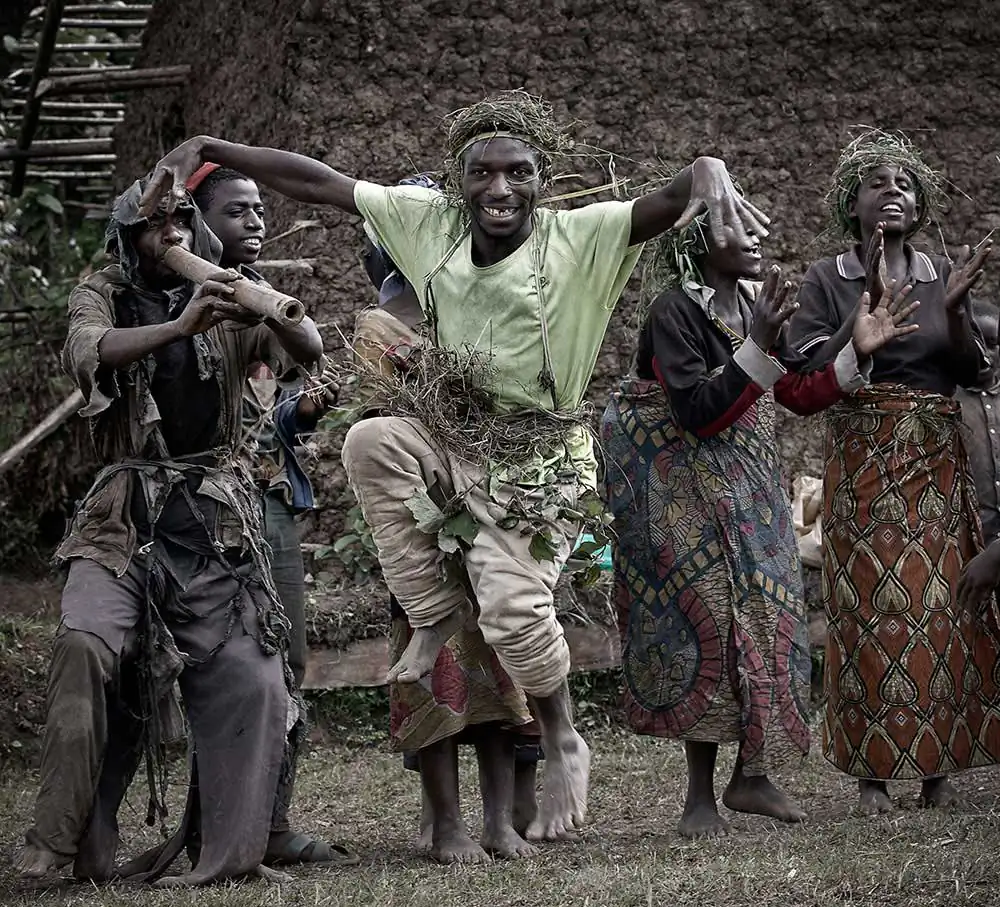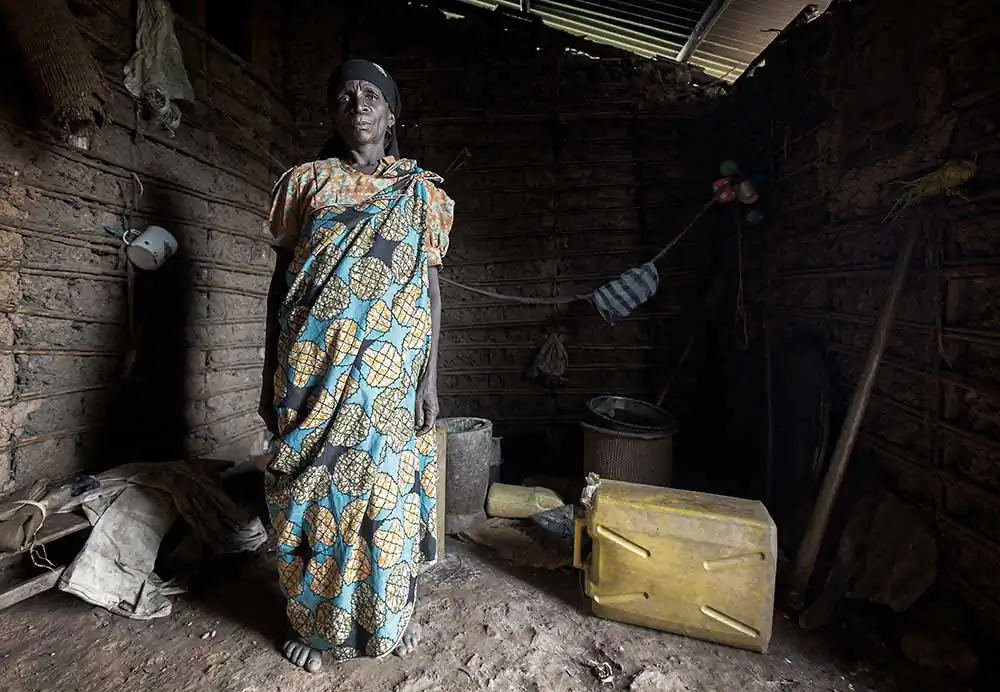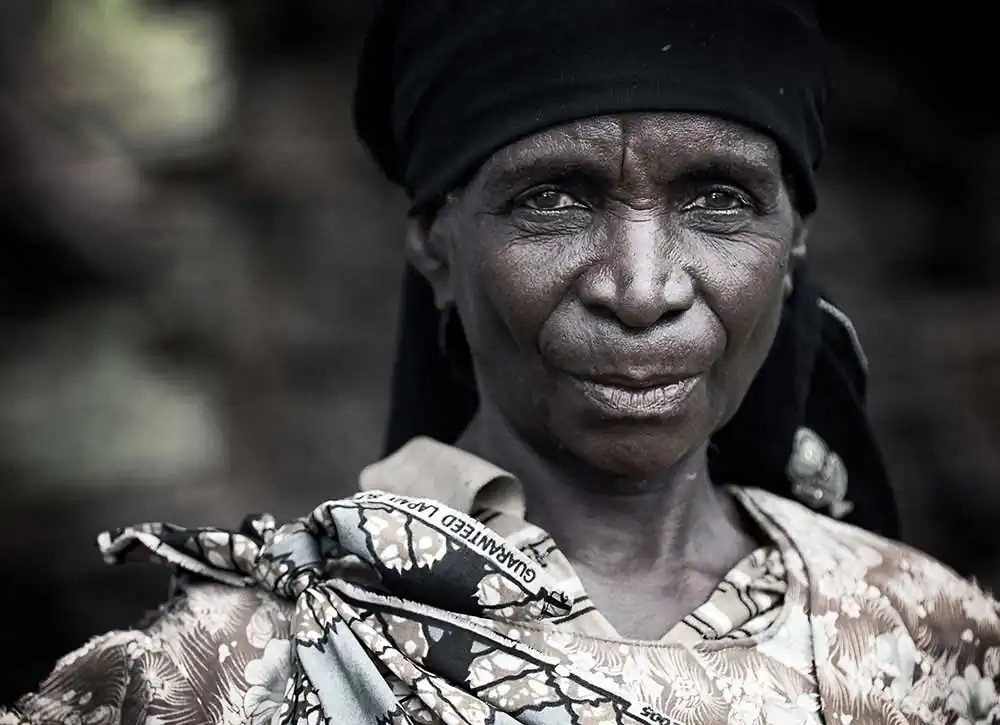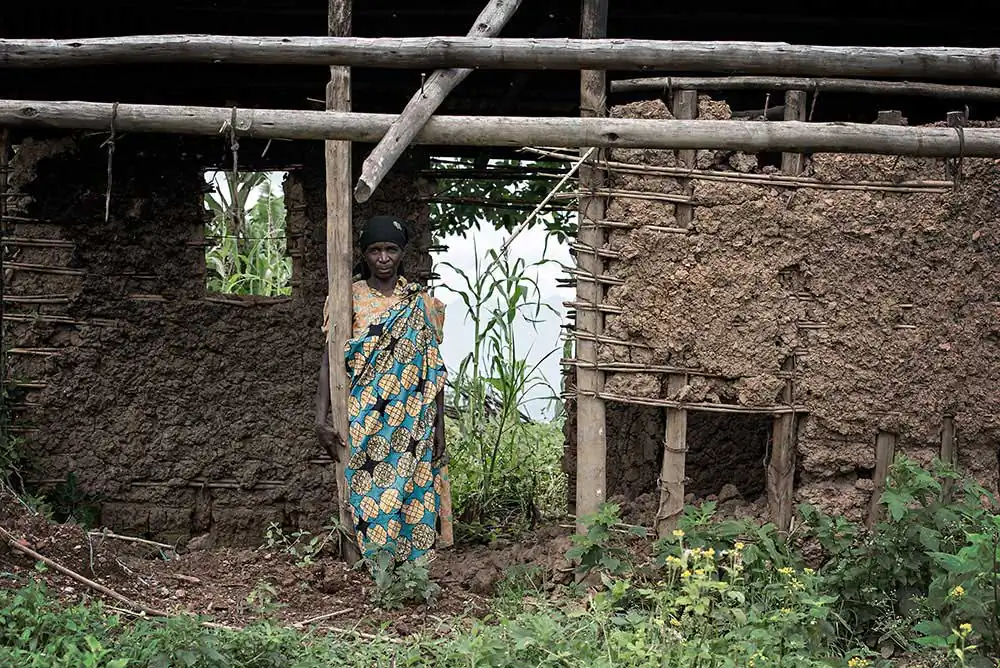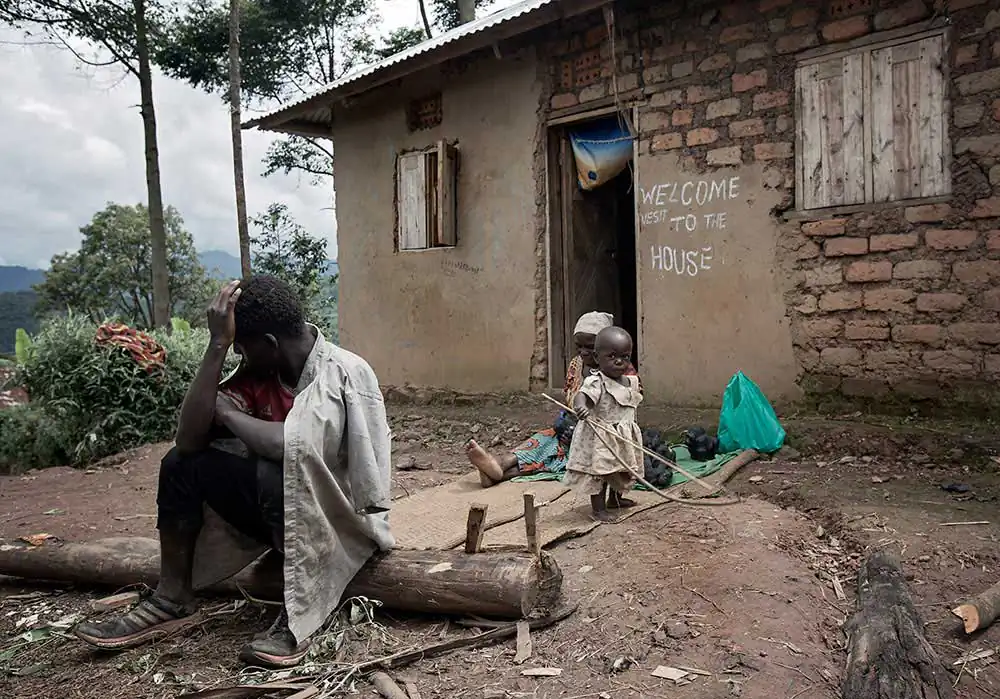The African Pygmies or Batwa people are indigenous forest-dwelling pygmy people who for centuries lived in the Bwindi and Mgahinga forests.
They are one of the oldest people on earth and their genetics are very closely related to Bushmen people, who live in the Southern Africa region. In 1991 Batwa people were displaced from their homes when government classified Bwindi and Mgahinga as National Parks to protect endangered mountain gorillas [1].
After losing access to the forest and the resources used for their economic, social, and cultural sustenance Pygymy people continue to struggle with forging their new way of life. Batwa live outside the forests of Bwindi and Mgahinga in small settlements, either on land that is held in trust for them by non-governmental organizations or as squatters on their neighbours’ land [1].
Heritage
Pygmies used to live in caves, made fire by rubbing sticks together, forged for honey and worshipped forest gods especially after hunting. Fathers would teach boys names of plants, animals and locations especially those used for hunting. The girls would learn from their mothers how to cook and to prepare traditional medicine. Both, boys and girls were taught how to weave mats, baskets, trays and to mould and repair clay pots [1].
Current issues
Cultural values are widely recognized to be of importance to the well-being of both indigenous and non-indigenous communities across the world. Today, Batwa communities face multiple challenges, as they are unable to continue their forest-based social system, culture, and traditional practices which are an important part of their self-identification [1]. In addition to cultural struggle, Batwa face challenges in their family planning and education. Because of their small stature and socio-economic challenges, Batwa are the most marginalized minority in Uganda. Members of Batwa tribe are neglected by a society which has made them live as beggars on other people’s land with no proper houses, clothes and food [1].
This work would not be possible without tremendous help from Alex, who is the Sanuriro Batwa Community Coordinator, farmer, coffee grower and conservationist. Twice a week Alex makes the treacherous trek through the Bwindi Forest selflessly leaving his home and young family behind to volunteer his time in service to the Batwa cause.
The focus of the reportage was documentation of Sanuriro Batwa people displaced from their ancestral homes. Sanuriro Batwa community development association is an organization focused on the development of agriculture, preserving culture and conservation of the environment. If you wish to visit and discover Sanuriro Batwa community, please follow attached links.
Literature used in this article [1] http://www.iapad.org/wp-content/uploads/2015/09/Batwa-cultural-values-report.pdf


